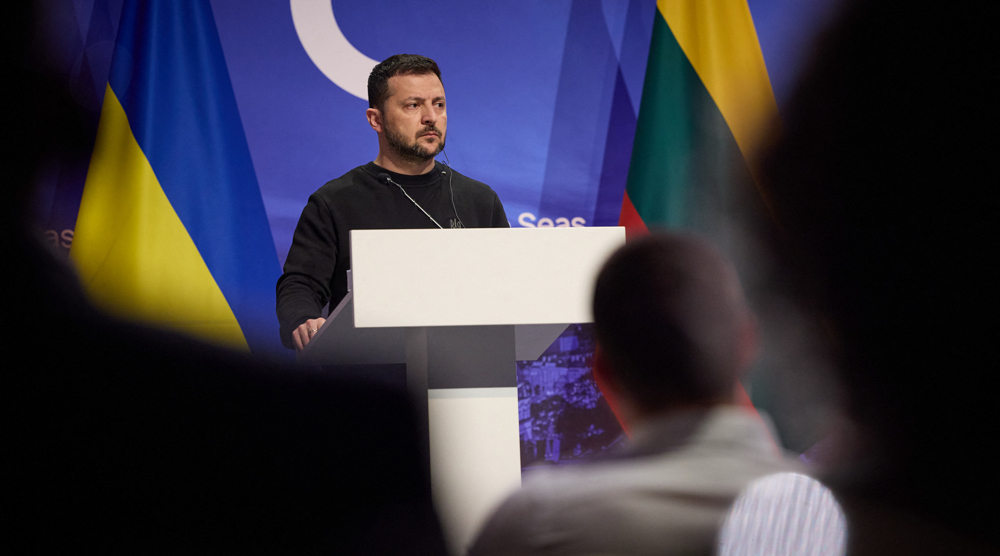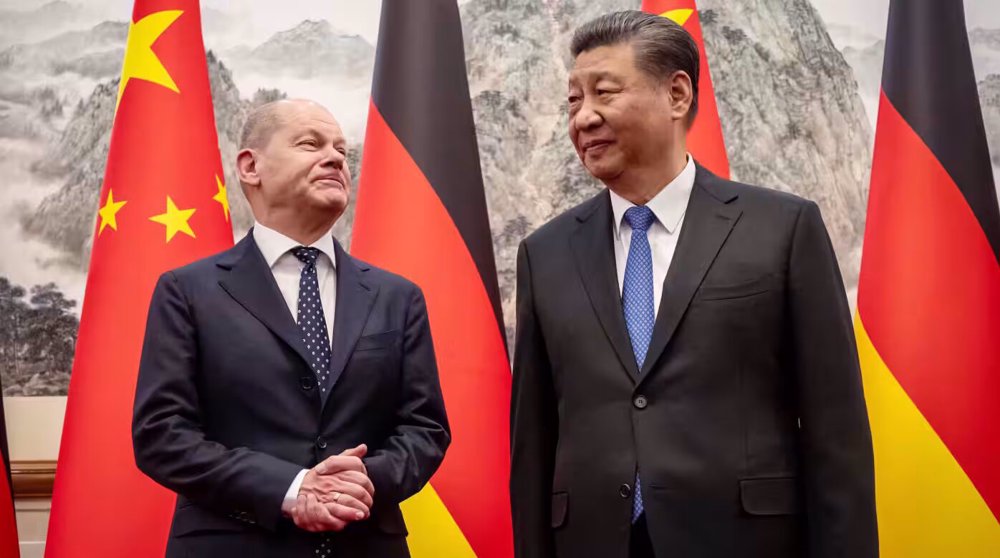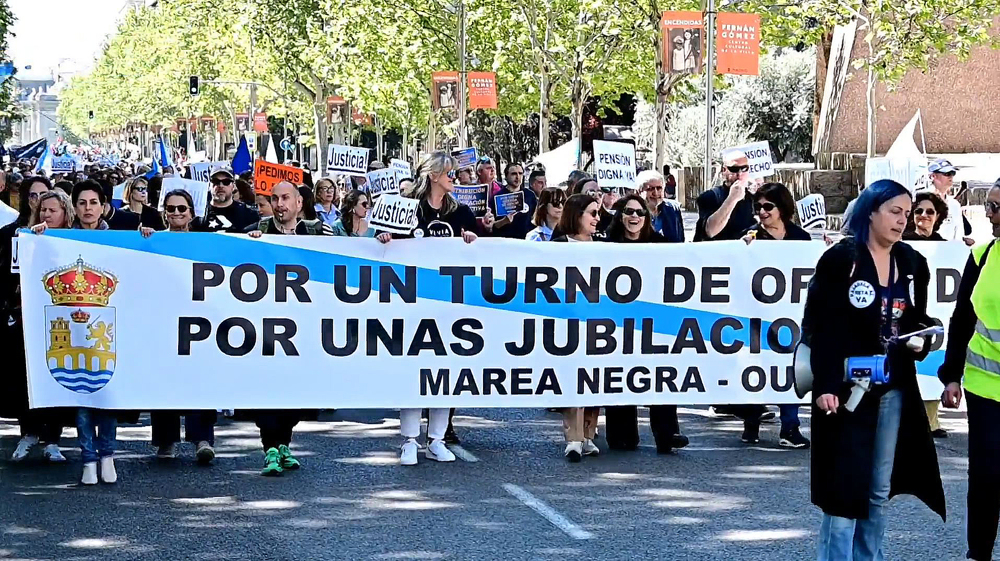Montenegro votes amid NATO accession dispute
People in Montenegro have headed to the polls in parliamentary elections, as the country is in a tussle between the East and the West.
Polling stations opened at 7 a.m. (0500 GMT) on Sunday and will close at 8 p.m. (1800 GMT), with over half a million citizens eligible for voting.
The ruling party of Prime Minister Milo Djukanovic — the Democratic Party of Socialists in Montenegro (DPS) — pursues membership in NATO and the European Union (EU) while a cluster of pro-Russia opposition groups oppose such a scenario.
The Democratic Front (DF) coalition, the main opposition party in the small European country, calls for closer ties with Russia and has demanded a referendum over the issue.
The 54-year-old premier has, in hyperbolic remarks, described the election as a choice between having ties with the West under his party or being reduced to a “Russian colony” under the opposition.

Djukanovic has been at the center of power over the past two decades, holding prominent posts in the country from the early 1990s, when it was part of former Yugoslavia.
In 2012, he won re-election as the premier, marking the third time he had held the position since Montenegro gained independence from Serbia in 2006.
NATO formally invited Montenegro to join the transatlantic alliance late last year. Moscow warned that it would respond to the move to ensure its security interests in the Balkans, a region where Russians are historically tied to some Slavic allies.
The invitation triggered anti-NATO protests in Montenegro, with the demonstrators calling on the government to reject the offer by the military bloc, which had bombed the tiny Balkan state in 1999 during the Kosovo war.
The 28-member NATO has already co-opted some former communist states in Eastern Europe. Croatia and Slovenia, which, like Montenegro, emerged from former Yugoslavia’s disintegration, have also joined the body.
Ties between NATO and Russia have been tense over the crisis in Ukraine, where the government and its Western allies keep accusing Moscow of having a hand in an armed conflict in the east. The Kremlin, however, strongly rejects the claim.
VIDEO | Iranians hold nationwide demos in support of IRGC
Syria condemns US veto of Palestine UN membership resolution
Iraqi resistance forces hit Israeli Ovda air base
Hackers break into Israeli military’s computers, access trove of documents
Tulkarm Brigade commander killed by Israeli forces in raid on refugee camp
Zionist media desperately trying to turn Israeli defeat into victory: Iran
VIDEO | Press TV's news headlines
Iran censures US veto of Palestinian request for full UN membership









 This makes it easy to access the Press TV website
This makes it easy to access the Press TV website